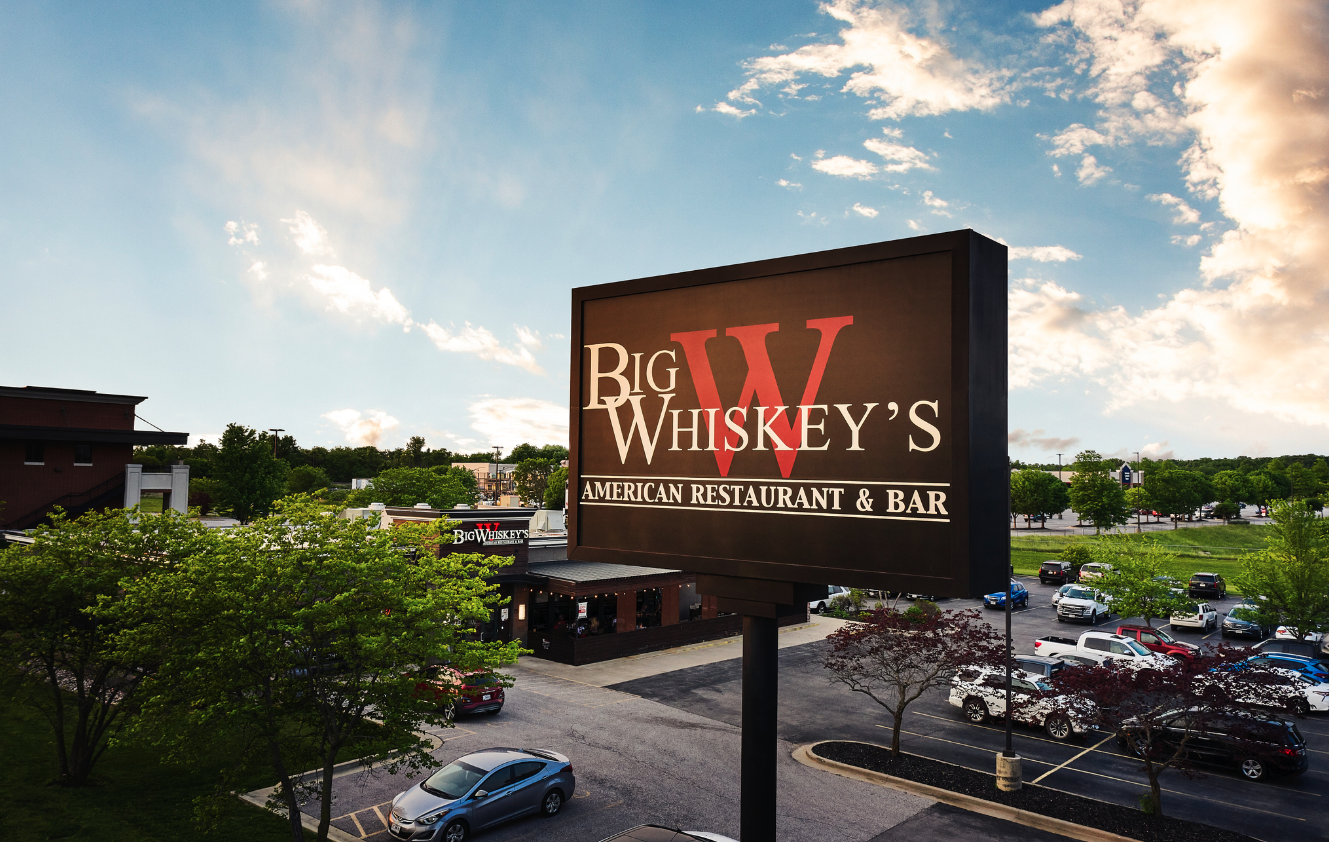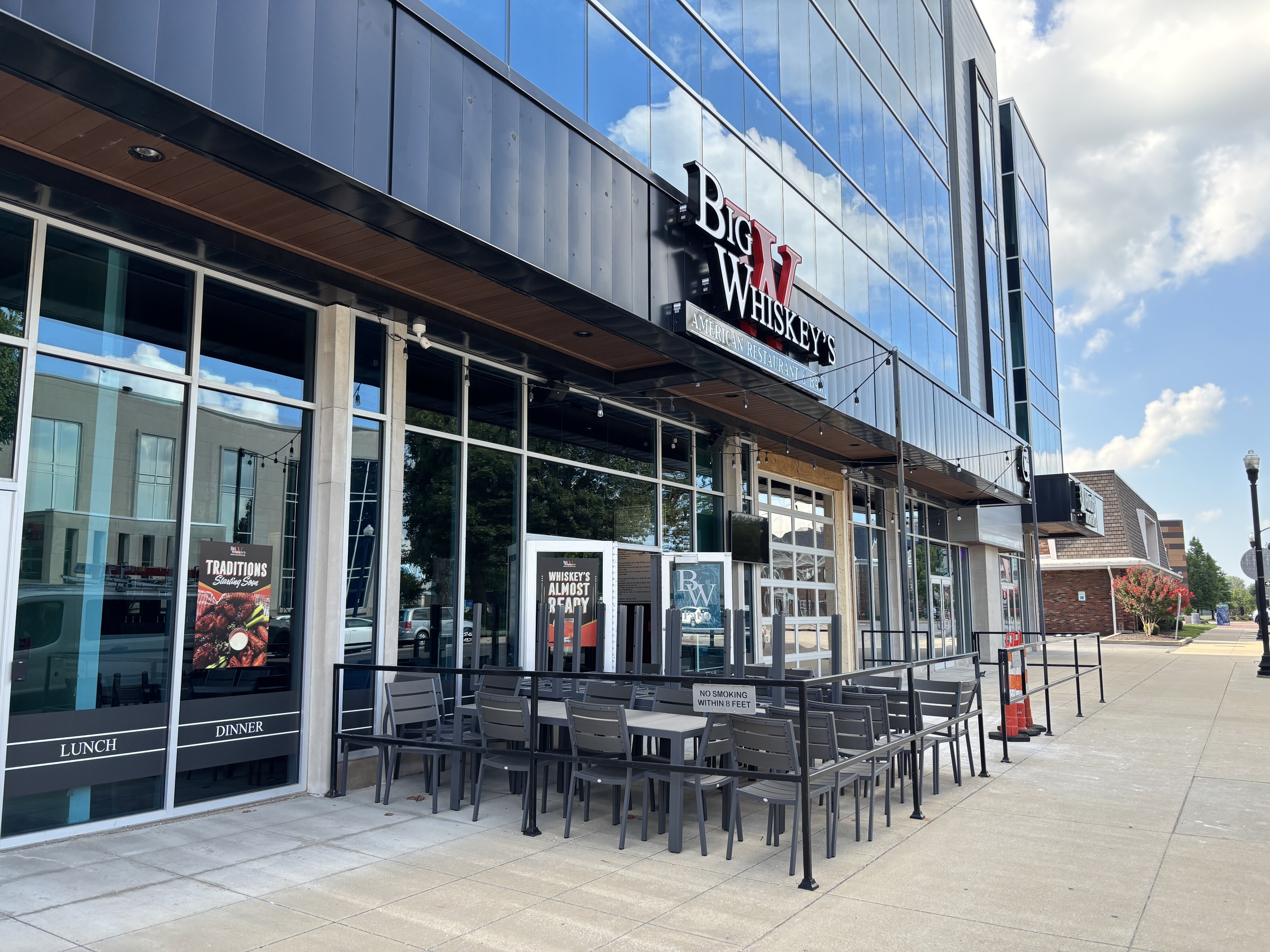
Not all franchises are created equal. If you are thinking about investing in a full service restaurant franchise, you have to know what to look at to know how to effectively evaluate each franchise opportunity. This guide will give you step by step guidance on what you should be considering when evaluating the best restaurant franchise opportunities in America to make sure you are getting the most out of your investment.
Here’s what we’ll cover in putting your money where the mouths go:
- What is a Franchise Restaurant
- Franchise versus Independent Restaurant Ownership
- Determining Your Role
- Researching Franchise Restaurant Types
- Identifying Franchises to Consider
- Understanding Investment Costs
- Evaluating Franchise Performance
- Evaluating Corporate Support
- Financing
What is a Franchise Restaurant?
First thing’s first. What is a franchise restaurant? Simply put, it’s an opportunity to own an established restaurant brand without having to create one from scratch. It’s a chance to buy into a restaurant concept that has an established menu, vendor relations, technology and corporate support at your disposal from day one. It’s an opportunity to bypass the years of hard work required to build a restaurant concept from the ground up and hit the ground running in a profitable business model that has a proven track record.
Franchise versus Independent Restaurant Ownership
Let’s get into the details! A franchise is a business model where a franchisee pays an initial investment and ongoing fees to use the branding, products, and services of an existing company (the franchisor), while operating under the franchisor's established system, rules, and guidelines. The franchisor provides training, support, and ongoing assistance in exchange for a percentage of the franchisee's revenue. In contrast, independent ownership involves creating a new brand, products, and services with complete control over all aspects of the business, including marketing, advertising, and operations. Franchisees benefit from an established brand and ongoing support, while independent owners have more freedom but take on more risk. So if a franchise restaurant is what you are interested in investing in, here are 7 steps to helping you determine the right franchise for you.
1. Determine Your Role
In any business investment, it is important to determine what role you want to play. It’s a little like running an NFL team. Do you want to be an owner-operator that calls the plays from the sidelines in the day-to-day business or do you want to be an investment manager who oversees the business from the luxury box with a general manager in place. Knowing what role you want to have and being honest about how you want to spend your time is important to determine before evaluating different franchise options. In either role, you can help your team win the game. It’s all about where you want to be positioned.

2. Research Franchise Restaurant Types
Next, you need to determine what restaurant type you want to invest in. Think of it like choosing your fighter in an old school arcade game. You’re choosing things like speed of service and power of menu. The various restaurant types include Quick Service Restaurants, Fast Casual, Bar & Grill, Casual Dining and Fine Dining. Additionally you’ll be choosing your style by selecting a menu type like All-American, burger, sandwich, etc. When considering the restaurant and menu type, you need to think about a few different aspects: location, audience, competition, and investment costs.
- Location: The city you hope to operate your restaurant in is important to consider. Reviewing the population and determining the number and types of restaurants that already exist will help you determine the type of restaurant that will preform well. [insert any tools BWY may have or population to restaurant numbers that will help evaluate location].
- Audience: Understanding your audience is paramount to determining different restaurants that will succeed in a given area. What is the average household income? What are the cultural attributes of the audience that might make one restaurant more appealing than another? What restaurant types are missing or are trending that people wish for?
- Competition: Evaluate the competition, understand who their audience is and what their unique selling proposition is. This will help you determine types of restaurants that might compliment the existing restaurant scene. Alternatively, you could consider restaurant opportunities that might provide strong competition against underperforming restaurants in the area.
- Investment costs: Typically Quick Service Restaurants will have a smaller investment cost than full service restaurants. Your investment tolerance will play a factor in the type of restaurant you choose.

3. Identifying Franchises to Consider
Once you’ve narrowed down the types of restaurants, you should begin evaluating different franchise options. Choosing a restaurant franchise to invest in can be a daunting task. But don’t worry, we’ve some hacks you can use to help make the process easier. The first one is easy. Ask yourself this question: What restaurants are good enough for me to want to buy one? Seriously. The research is fun too! It gives you the chance to say “I have to eat out! It’s for my research!” It makes everything easier if you pick something that resonates with you and if it’s something you believe in.
Once you have a list of potential franchises, you can then use resources on the internet to evaluate different franchises. Websites such as Franchise.org and FranchiseDirect.com provide information about different franchises, including their history, business model, and franchise fees.
Another important step is to visit existing franchise locations. This will give you an opportunity to see the business in action and observe the quality of the food and service, as well as the overall atmosphere of the restaurant. This will also give you a chance to observe the customer base, speak with a current operator and observe competition in the area to get a better sense of the potential demand for the franchise. Once you have a list of 4-6 restaurant franchise options, you can begin evaluating the numbers.

4. Understanding the Investment Costs
The first step in the numbers is understanding the financial aspects of joining a franchise team. Investing in a franchise restaurant isn’t free so you’re going to want to know the details of cost like upfront investment, franchise fees, royalties, and national marketing fees. Those fees are there for a reason and understanding why they’re included can help you weigh one opportunity against another. In order to access these numbers, you will likely need to begin making contact with each franchisor. They’re going to want to get to know you a little, so you’ll need to be prepared to share some information about yourself and your financial position to enable franchisors to prequalify you before sending you financial information about their franchise.
- Upfront Investment: The upfront investment is the amount of money required to open a new franchise location. This can include expenses such as leasehold improvements, equipment, inventory, and initial operating expenses. The upfront investment varies widely depending on the franchise and can range from a few thousand dollars to several million dollars.
- Franchise Fee: The franchise fee is a one-time payment made to the franchisor to obtain the right to operate the franchise. This fee can range from several thousand dollars to hundreds of thousands of dollars and is typically paid upfront or in installments over a period of time. The franchise fee often includes initial training, support, and access to the franchisor's systems and processes.
- Royalty: The royalty is an ongoing fee paid to the franchisor based on a percentage of the franchisee's gross sales. This fee is typically paid monthly or quarterly and is intended to compensate the franchisor for ongoing support and access to the franchise system. Royalty rates vary widely among franchises and can range from 2% to 12% of gross sales.
- National Marketing Fund: The national marketing fee is an additional fee paid by franchisees to fund national marketing campaigns and advertising efforts. This fee is typically a percentage of the franchisee's gross sales and can range from 1% to 5%. The national marketing fee is used to build and promote the franchise brand and may include initiatives such as television commercials, online advertising, and direct mail campaigns.
In addition to these costs, there may be other expenses associated with owning a franchise restaurant, such as local marketing and advertising, insurance, and ongoing training and support. It's important to carefully evaluate all of these costs when considering a franchise opportunity and to work closely with the franchisor to understand the financial requirements of owning a franchise restaurant. As we like to say, “Not All Franchises are Created Equal.”
How Big Whiskey’s Stacks Up: Investment Costs

Download our investment deck to learn more about our investment costs and how they compare to other restaurants.
5. Evaluating Franchise Performance
You’re also going to want to know how well the franchise is performing overall. To go back to the sports analogy, this is like the NFL Draft Combine. You’re taking measurements of the available options, seeing how they run in certain situations, and looking at their states before. making a selection. Here are some of the most important metrics to look at when assessing your options:
- Ticket average per visit
- Cost of goods sold
- EBITDAR
- Investment cost (no land)
- Investment cost per square foot
- Labor cost
- Prime cost
Other soft metrics you should consider are customer perception and satisfaction as well as the success of current franchisees. You can assess customer perception by reading Google Reviews and comments and reviews on social channels. Of course, no establishment will be perfect, but these resources will help you understand general customer sentiment. Be sure to read reviews for multiple locations. Another great measure of success is to learn more about the performance of their existing franchisees. The franchisor may have a case study they are willing to share with you as well as connecting you with an franchisee that you could speak with to learn more about their success.
How Big Whiskey’s Stacks Up: Key Performance Indicators

Download our Ultimate Restaurant Franchise Comparison Sheet to see how the top franchises stack up.

6. Evaluate Corporate Support
Evaluating the corporate support of a restaurant franchise is an important aspect of choosing the right franchise opportunity. The level and quality of corporate support can significantly impact the success of the franchisee's business. If they’re just going to charge you the fees and let you figure out the rest, it’s probably not the greatest option. Here are some things to look for from the corporate support category:
- Site Buildout: One important area of support to evaluate is site selection and buildout. A good franchisor will provide assistance in identifying and evaluating potential locations for the franchisee's restaurant, as well as guidance and support during the buildout process. This can include assistance with lease negotiation, construction, and design, as well as access to approved vendors and suppliers.
- Pre-Opening Support: Pre-opening support is another important area of corporate support to evaluate. Expect your franchisor to provide comprehensive training and support to help prepare for the opening of the restaurant. This can include training on the franchise's systems and processes, assistance with staffing and recruiting, and support with ordering inventory and supplies. Additionally, they should provide ongoing support to help address any challenges that may arise during the pre-opening phase.
- Purchasing & Supplier Assistance: Your franchisor should help set up your initial orders and deliveries with the preferred supplier partners. For examples, Big Whiskey’s has built solid relationships key suppliers like US Foods and Coca-Cola, resulting in negotiated pricing and terms for essential products and supplies.
Marketing Support
Marketing support is a vital area to evaluate, as a good franchisor will provide comprehensive support to help promote the brand and build the customer base. This can include assistance with advertising, social media, loyalty programs, apps and promotional campaigns, as well as access to approved vendors and suppliers for marketing materials and collateral. For example, Big Whiskey’s offers a loyalty program that has increased ticket averages of members by $7 - this is available to all franchisees.

Check out all of the marketing support Big Whiskey’s offers their franchisees here.
7. Financing
Ok, let’s talk brass tax. There are several financing options available for investing in a restaurant franchise. One option is to secure a traditional bank loan, which typically requires a substantial down payment and a strong credit history. Another option is to use personal savings or equity to fund the upfront investment and ongoing expenses of the franchise. Additionally, there may be government-backed financing programs available for small business owners, such as the Small Business Administration (SBA) loan program. These programs offer competitive interest rates and flexible terms, but often require significant documentation and a lengthy application process.
So, are you ready to buy a franchise restaurant?
There are a lot of things to consider before buying a franchise restaurant. If you do your homework and find something you’re passionate about and find the right team to join, it can be a very profitable business decision that can lead to more and more opportunity in the future. Several Big Whiskey’s franchisees started out with a single restaurant and now have a portfolio of Big Whiskey’s that produce for them. The sky is the limit and we’re looking for some talented new partners. If you think that’s you, we should talk.
Want to learn more about Big Whiskey’s franchise opportunity? We’d love to talk to you. Our process is personal and simple.

Contact us below and we will get the conversation started.





